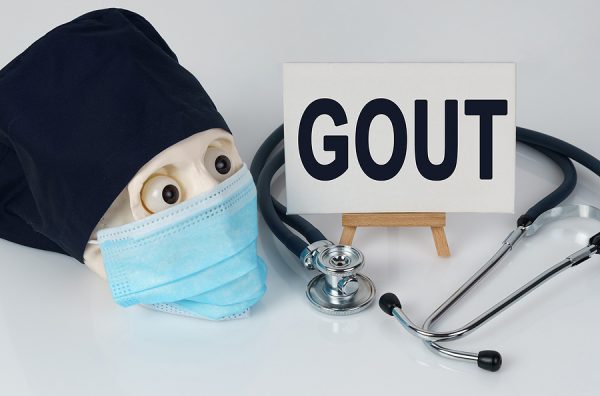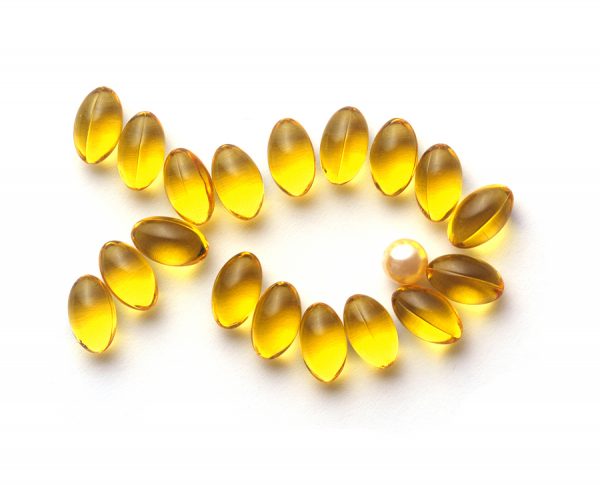The topics my patients ask me about run the gamut.
But the one that always surprises me the most is when patients ask if it’s still okay to have sex. This question mostly comes from men who think they’re “too old” for bedroom activity or have a heart condition. (That doesn’t mean that a fair share of women don’t ask this question, too!)
For some reason, maybe due to television dramas, they imagine they’ll experience sudden cardiac arrest during these activities and die in the arms of their lover.
While this is certainly not the worst way to go, it’s an extremely unlikely outcome.
Just consider this. Sudden cardiac arrests are responsible for more than 300,000 deaths each year here in the U.S. But fewer than one out of every 100 are linked with sexual activity.
In fact, among men, only 1% of total cardiac arrests are triggered by sex. And the number is much smaller for women… just about 0.1%.
The truth is, amorous activities are a natural form of exercise that can actually boost your heart function, not detract from it.
Get Romantic for a Dose of Mild Physical Activity
Decreased romantic activity is common in patients with cardiovascular disease. However, a desire for intimacy is also a normal part of life. And when men and women are deprived of passionate physical endeavors, it can often lead to anxiety and depression.
In the meantime, taking part in a little bedroom fun is comparable to mild to moderate physical activity. It’s about the equivalent of climbing two flights of stairs, or walking briskly for a short period of time.
For example, Harvard Medical School reports that walking on a treadmill is actually more strenuous than a healthy round of amorous goings-on.
A romp in the bedroom only raises men’s heart rates 72% as high as the treadmill. And blood pressure during those passionate events increases 20% less than treadmill exercise. The results are even more apparent in women in terms of heart rate, blood pressure and perceived intensity of exertion.
This means that if you can walk on a treadmill or climb a set of stairs, it’s pretty likely that can endure a lively bout of intense lovemaking.
Lower Stress, Boost Your Cardiovascular Health and Live Longer
The fact of the matter is, taking part in physical pastimes with the right partner can play an extremely important role in your health.
- All forms of physical intimacy, from hugging and hand-holding to massage and lovemaking, counteract the negative effects of stress by stimulating the release of oxytocin, dopamine, and serotonin and reducing stress hormones.
- Men: Enjoying a roll in the hay less than once a month increases your risk of cardiovascular disease by almost 50% compared to men who participate in bedroom activities two or more times a week.
- Women: Sexual activity is associated with longer telomeres. These protective strands of DNA promote youth, energy and a longer lifetime. Shorter telomeres, on the other hand, are linked to more rapid aging and poor health.
If you’re married or have a long-term partner, feel free to engage in a little bedroom fun whenever you can.
But if you’re single, I have just a few words of caution.
Today’s dating scene isn’t anything like it was back in the 60’s and 70’s. In fact, these days sexually transmitted diseases are actually more common in older adults than they are in those who are younger.
So make sure to practice safe, modern-day practices when it comes to intimate relationships. Always use protection and never exchange fluids with an unknown or untested partner.
SOURCES:
Aro, A, Rusinaru, C, Uy-Evanado, A. et al. Sexual Activity as a Trigger for Sudden Cardiac Arrest. J Am Coll Cardiol. 2017 Nov, 70 (20) 2599–2600.
Levine GN, et al. Sexual activity and cardiovascular disease: a scientific statement from the American Heart Association. Circulation. 2012 Feb 28;125(8):1058-72.
Is sex exercise? And is it hard on the heart? News Article. Harvard Health Publishing. August 25, 2022.
Hall SA, et al. Sexual Activity, Erectile Dysfunction, and Incident Cardiovascular Events. Am J Cardiol. 2010 Jan 15; 105(2): 192–197.
Cabeza de Baca T, et al. Sexual intimacy in couples is associated with longer telomere length. Psychoneuroendocrinology. 2017 Jul;81:46-51.






